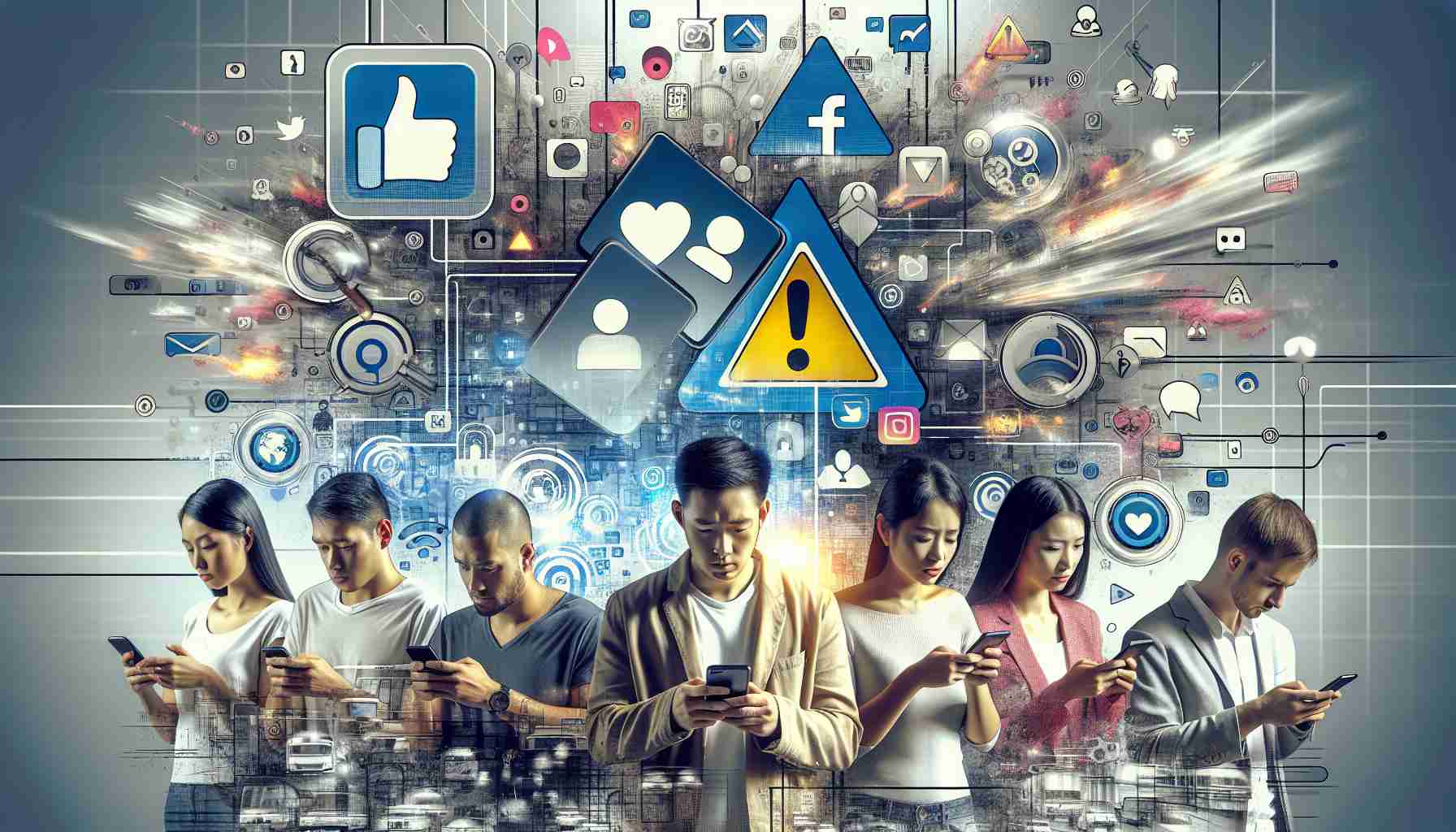In today’s rapidly evolving digital landscape, the introduction of social media and smartphones over 15 years ago marked a paradigm shift in our daily lives. However, we continue to grapple with comprehending the full extent of the social and psychological consequences these technologies bring. While concerns are not limited to the younger generation, the perpetual onslaught of the digital experience has raised alarm bells regarding its impact on the developing minds of the youth, as well as its potential negative implications for socialization and deep learning skills.
Recent research conducted by University College Dublin’s school of psychology and mental health charity Jigsaw revealed a significant rise in anxiety and depression levels among Irish adolescents aged 12 to 19 between 2012-2019. Conversely, self-esteem, resilience, and optimism witnessed a decline. Although clear causation between mobile digital devices and these mental health issues may not be universally agreed upon, the circumstantial evidence is persuasive enough to demand action.
Education and social interaction have also been greatly affected by smartphones. Scholars argue that social media has displaced in-person gatherings and disrupted sleep patterns, which poses challenges in academic settings. Unesco has even linked excessive phone use to reduced educational performance, while high screen time negatively impacts children’s emotional stability. Recently, a symposium of Irish school principals in Dublin highlighted the United Nations’ recommendation for mobile device restrictions in schools. Consequently, numerous Irish schools are now taking steps to implement these restrictions, with others likely to follow suit.
While some countries, such as the UK, remain hesitant about enforcing nationwide policies or legislative changes, it is crucial for the Department of Education to be proactive and supportive in developing guidelines for primary schools. Although the primary responsibility lies with families, who often grant children unrestricted access to social media and the internet, parents must step up to the challenge. Shockingly, recent surveys indicate that almost a quarter of Irish six-year-olds own smartphones, and 45 percent of 10-year-olds are permitted to use their devices in their bedrooms. Furthermore, only 28 percent of parents utilize parental controls. For future generations to adopt responsible usage of these highly addictive products, adults must set better examples and ensure effective parental supervision.
It is indisputable that social media and smartphones have revolutionized society. However, our understanding of their long-term effects remains incomplete. As we move forward, it is imperative that we acknowledge the potential dangers these technologies pose and take collective responsibility to foster a healthier digital environment for all.
FAQ:
1. What is the impact of social media and smartphones on society?
The introduction of social media and smartphones has had a significant impact on our daily lives. While it has revolutionized society, there are concerns about the social and psychological consequences of these technologies.
2. What does the recent research reveal about mental health issues in Irish adolescents?
Recent research conducted by University College Dublin’s school of psychology and mental health charity Jigsaw showed a significant rise in anxiety and depression levels among Irish adolescents aged 12 to 19 between 2012-2019. Conversely, self-esteem, resilience, and optimism witnessed a decline.
3. Is there a clear causation between mobile digital devices and mental health issues?
Although there might not be a universally agreed-upon causation between mobile digital devices and mental health issues, the circumstantial evidence is persuasive enough to demand action.
4. How have smartphones affected education and social interaction?
Scholars argue that smartphones and social media have displaced in-person gatherings, disrupted sleep patterns, and posed challenges in academic settings. Excessive phone use has been linked to reduced educational performance, particularly in children.
5. What is the recommendation for mobile devices in schools?
A symposium of Irish school principals in Dublin highlighted the United Nations’ recommendation for mobile device restrictions in schools. Many Irish schools are taking steps to implement these restrictions, with others likely to follow suit.
6. What is the role of parents in addressing the issues related to smartphones and social media?
While the primary responsibility lies with families, parents must step up to the challenge. Surveys indicate that many young children in Ireland have unrestricted access to smartphones, and few parents utilize parental controls. Parents need to set better examples and ensure effective parental supervision.
Definitions:
1. Paradigm shift – a fundamental change in the way things are understood or done.
2. Causation – the act or process of causing something.
3. Circumstantial evidence – evidence that suggests a fact or event but does not prove it conclusively.
4. Symposium – a conference or meeting to discuss a particular subject.
5. Parental controls – features and settings that allow parents to restrict and monitor their children’s activities on digital devices.
Related Links:
– UNESCO: The official website of the United Nations Educational, Scientific, and Cultural Organization, which provides information on education-related matters.
– Department of Education: The official website of the Department of Education in Ireland, which may provide guidelines on digital device usage in schools and other educational resources.
The source of the article is from the blog maestropasta.cz
